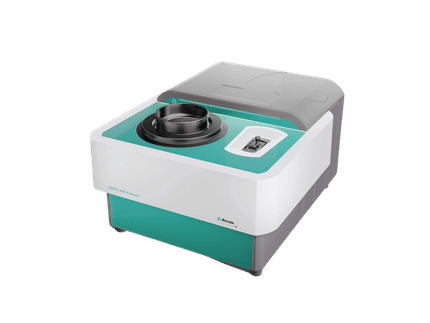To use all functions of this page, please activate cookies in your browser.
my.chemeurope.com
With an accout for my.chemeurope.com you can always see everything at a glance – and you can configure your own website and individual newsletter.
- My watch list
- My saved searches
- My saved topics
- My newsletter
Adrenocorticotropic hormone
Adrenocorticotropic hormone (pronounced /əˈdriːnoʊˌkɔrtɪkoʊˈtrɒpɪk ˈhɔrmoʊn/, /-ˈtroʊpɪk/) (ACTH or corticotropin) is a polypeptide hormone produced and secreted by the pituitary gland. It is an important player in the hypothalamic-pituitary-adrenal axis. Product highlight
ProductionACTH is synthesised from pro-opiomelanocortin (POMC) and secreted from corticotropes in the anterior lobe (or adenohypophysis) of the pituitary gland in response to the hormone corticotropin-releasing hormone (CRH) released by the hypothalamus. It can be also produced by cells of immune system (T cells, B cells and macrophages) as a response to stimuli that go along with stress (including CRH). POMC is cleaved into ACTH and β-lipotropin. γ-lipotropin and β-endorphin result from the cleavage of this β-lipotropin. StructureACTH consists of 39 amino acids, the first 13 of which (counting from the N-terminus) may be cleaved to form α-melanocyte-stimulating hormone (α-MSH). (This common structure is one reason that patients with hypocortisolism or Addison's disease, in which ACTH levels are elevated, often present with excessively tanned skin.) After a short period of time, ACTH is cleaved into α-melanocyte-stimulating hormone (α-MSH) and CLIP, a peptide with unknown activity in humans. FunctionACTH acts through the stimulation of cell surface ACTH receptors, which are primarily located on the adrenocortical cells. ACTH stimulates the cortex of the adrenal gland and boosts the synthesis of corticosteroids, mainly glucocorticoids but also sex steroids (androgens). ACTH is also related to the circadian rhythm in many organisms. The half-life of ACTH in human blood is about ten minutes. Synthetic ACTHACTH is available as a synthetic derivative in the form of cosyntropin (synthetic ACTH), tradename Cortrosyn®. Associated conditions
See also
Categories: Anterior pituitary hormones | HPA axis | Peptide hormones |
|||||||||||||||||||||||||||||||||||||||||||||||
| This article is licensed under the GNU Free Documentation License. It uses material from the Wikipedia article "Adrenocorticotropic_hormone". A list of authors is available in Wikipedia. | |||||||||||||||||||||||||||||||||||||||||||||||







